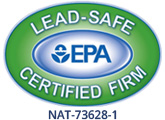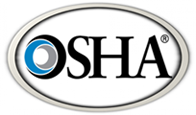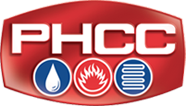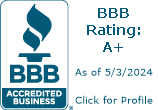How to Keep Pollen Out of Your HVAC System
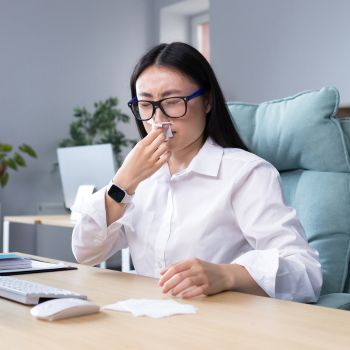 Warmer months can increase the pollen count, leading to seasonal allergy symptoms like itchy eyes, sneezing and runny nose. Indoors can offer a reprieve – as long as pollen isn’t circulating throughout your HVAC system.
Warmer months can increase the pollen count, leading to seasonal allergy symptoms like itchy eyes, sneezing and runny nose. Indoors can offer a reprieve – as long as pollen isn’t circulating throughout your HVAC system.
Learn how upkeep can prevent allergens from spreading throughout your home and affecting the air quality.
How Pollen Enters Your HVAC System
The air conditioning component of an HVAC system draws in air from the outside before its distributed. Pollen can get sucked in through this process, especially if the filters are covered with dirt and other outside debris.
Opening windows and doors to let in fresh air may also introduce pollen into your home, where it may pass through a vent into the HVAC system’s ducts.
Reducing the Amount of Pollen in Your HVAC System
Ultimately, a functional HVAC system traps small particles and prevents them from affecting air quality, as it heats or cools the interior. Follow these steps to make sure your system fulfills these expectations.
Replace the Air Filters
Dirty air filters cause a number of HVAC issues, from overheating to poor air quality and circulating allergens. When older filters become clogged with debris and no longer hold onto particles well, allergens can enter the ducts and compromise the air quality.
To better manage your seasonal allergies, consider upgrading to HEPA filters, which trap smaller particles before they have a chance to spread throughout your home. Consider a MERV rating of 9 to 12, which is more likely to hold onto pollen.
Consider an Air Purifier
Together with filters, air purifiers further remove allergens and provide a second level of filtration. Beyond physical methods, purification systems may utilize UV light to neutralize bacteria and other microorganisms that can accumulate in the HVAC system’s ducts and may also trigger an allergic reaction.
Keep the Condenser Unit Clean
This portion of the HVAC unit faces outside or is directly placed outdoors. In terms of attracting pollen, dirt and debris are known to accumulate on the exterior of a condenser unit, especially if you put off washing and cleaning. This effect becomes more pronounced with nearby trees, bushes and plants.
To control pollen, have the condenser and all other outdoor-facing HVAC components professionally cleaned at least twice a year. In between, spray or brush this area yourself to dislodge and wash away any debris.
Preventing Pollen From Entering Your Home
Along with monitoring your HVAC unit, control the amount of pollen entering your home by:
- Keeping all windows closed. For an extra layer of protection, have the edges sealed to limit the amount of air and pollen passing into your home. If you want some fresh air, there is less pollen in the air on clear and dry afternoons and evenings.
- Leaving outdoor gear outside. If you enjoy hiking, trail running or other outdoor hobbies, keep your gear outside or in the garage during spring and summer. Regularly wash these garments to reduce pollen exposure.
- Vacuuming and dusting: Start vacuuming once a week to control pollen that may have entered through the front door. Then dust all surfaces, especially those close to doors, windows and ceiling fans.
Looking to reduce allergens in your HVAC system? Contact MJ Fahy & Sons to discuss air filters or schedule a professional cleaning today.

